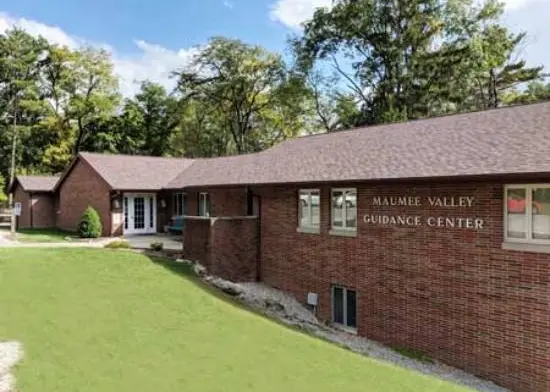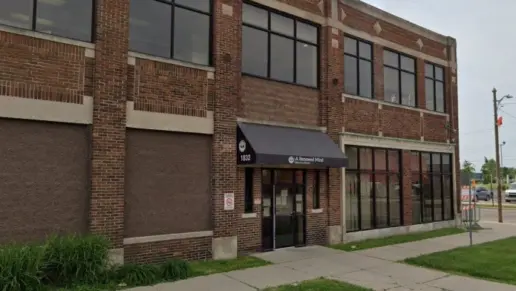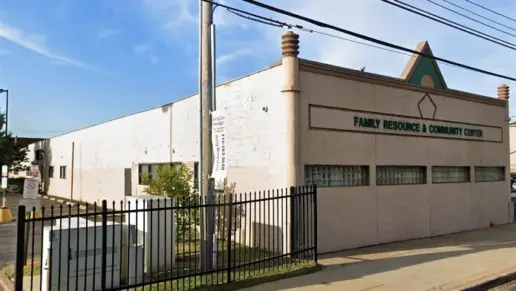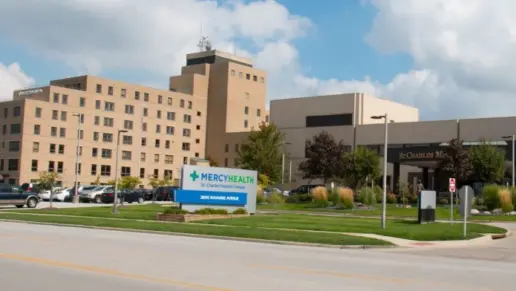About Maumee Valley Guidance Center Integrated HealthCare
Comprehensive substance abuse treatment services are available in Defiance, Ohio, at Maumee Valley Guidance Center Integrated HealthCare. The masters level therapists who lead their evidence based substance use program treat clients both individually and in groups, emphasizing a whole person approach to recovery.
To address substance use and mental health disorders, the program combines the following key elements that complement each other. Each week, participants engage in group sessions that include seeking safety and substance use groups. To help clients better process difficult events, eye movement desensitization and reprocessing is used in conjunction with individual therapy. They have masters level clinicians on board who are trained in providing this specialized therapy. They also offer drug testing, medication management, case management and pro social activities to enhance the healing process. Their outpatient therapy for substance abuse also encompasses family, marital and individual counseling for people three years of age and up.
Their case managers help people with a range of needs so clients can continue to live freely and contribute to society. In addition to advocating for their client’s objectives and supporting successful community living, case managers help with a range of needs such as treatment planning and service coordination. These services are available round the clock.
As an established organization, Maumee Valley has been providing treatment for more than 60 years. Their aim is to deliver services in a morally sound, helpful and expert manner. They are accredited by the Joint Commission and certified by the Department of Mental Health and Addiction Services in Ohio.
Latest Reviews
Rehab Score
Gallery

Location
Other Forms of Payment
Self-pay involves paying for treatment out of your own pocket. You can use savings or credit, get a personal loan, or receive help from family and friends to fund your treatment. If you don't have insurance or your insurance plan doesn't cover a specific program, self-pay can help ensure you still get the care you need.
Private insurance refers to any kind of healthcare coverage that isn't from the state or federal government. This includes individual and family plans offered by an employer or purchased from the Insurance Marketplace. Every plan will have different requirements and out of pocket costs so be sure to get the full details before you start treatment.
Medicaid is a state based program that helps lower-income individuals and families pay for healthcare. Medicaid covers addiction treatment so those enrolled can use their coverage to pay for rehab. When a program accepts Medicaid the client often pays very little or nothing out of their own pocket.
Medicare is a federal program that provides health insurance for those 65 and older. It also serves people under 65 with chronic and disabling health challenges. To use Medicare for addiction treatment you need to find a program that accepts Medicare and is in network with your plan. Out of pocket costs and preauthorization requirements vary, so always check with your provider.
Military members, veterans, and eligible dependents have access to specific insurance programs that help them get the care they need. TRICARE and VA insurance can help you access low cost or no cost addiction and mental health treatment. Programs that accept military insurance often have targeted treatment focused on the unique challenges military members, veterans, and their families face.
Addiction Treatments
Levels of Care
Programs



Clinical Services
Participants of group therapy sessions typically learn coping skills, communication techniques, and relapse prevention strategies. This unique set of skills helps you to navigate the challenges you find in the community and supports your long term sobriety.
Cognitive behavioral therapy in Ohio may occur in individual, group, or family sessions. It involves focusing on specific thought and behavior problems. Participants learn coping techniques and are asked to practice them as homework between sessions.
The main goals of dialectical behavior therapy are to teach you how to regulate your emotions, develop positive ways to cope with stress, improve your relationships, and live in the moment. This therapy lasts about six months and involves weekly individual and group sessions.
With trauma therapy, you can reclaim your life after witnessing or experiencing a traumatic event. Therapists help you process the memories, which promotes emotional healing and enables you to build resilience to navigate future challenges and triggers.
Family therapy offers a group time to collectively make an effort to understand and combat the issues and challenges associated with addiction. Therapists work with family members to establish healthy boundaries between each other and their loved one who is addicted, improve emotional support systems, and work together toward a sustained long term recovery.
Some couples therapy in Ohio is designed as short term treatment to address a specific problem in the relationship, such as anxiety, depression, or addiction. Other couples therapy may focus on general strengthening of the relationship by improving interactions.
Accreditations

The Joint Commission, formerly known as JCAHO, is a nonprofit organization that accredits rehab organizations and programs. Founded in 1951, the Joint Commision's mission is to improve the quality of patient care and demonstrating the quality of patient care.
Joint Commission Accreditation: Yes
Contact Information
211 Biede Ave
Defiance, OH 43512


